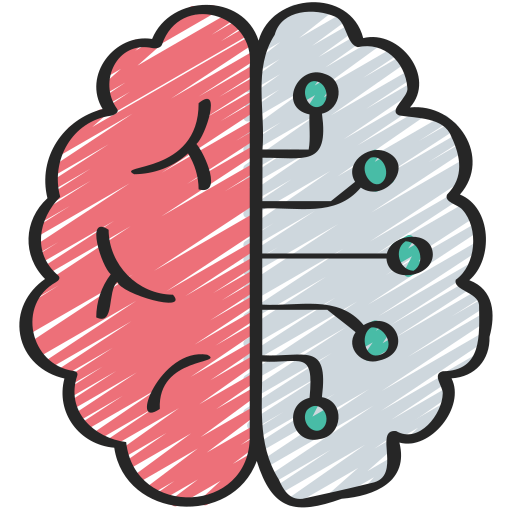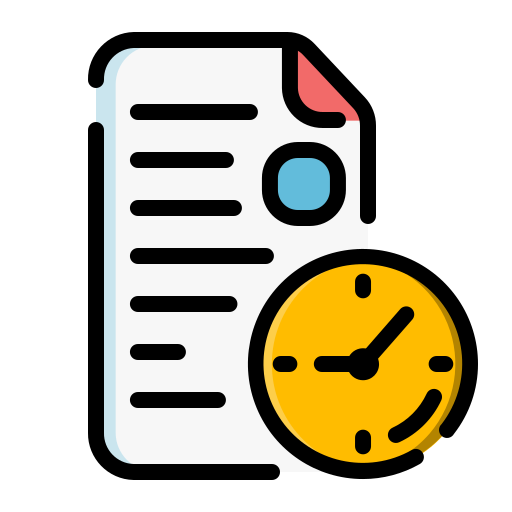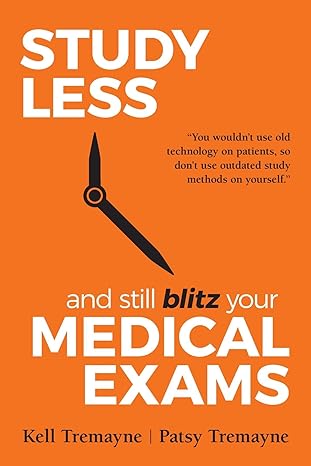- Home
- Study Smarter
- How to Improve Study Habits with Pre-Testing
How to Improve Study Habits with Pre-Testing
If you're exploring how to improve study habits, one of the most underrated yet highly effective techniques is pre-testing—the practice of testing yourself before you begin studying a topic. At first glance, this might seem counterintuitive. Why quiz yourself on material you haven’t learned yet? But that’s precisely what makes it powerful.
Pre-testing taps into your brain’s natural learning mechanisms. Instead of passively absorbing information, you actively engage with it from the start. This early engagement primes your memory, increases focus, and helps you retain information more deeply. In fact, multiple studies have shown that students who use pre-testing perform better on exams, retain more content, and study more efficiently.
What is Pre-Testing
Pre-testing is a proactive learning strategy where you attempt to answer questions about a topic before formally studying it. You might write your own questions, use flashcards, or take practice quizzes. The key is to challenge your brain to retrieve information—even if you don’t know the answers yet.
This technique works because it:
 |
 |
 |
 |
Activates Retrieval Pathways |
Highlights Knowledge Gaps |
Increases Engagement |
Improves Memory Encoding |
|
Your brain starts searching for related knowledge, even if it’s incomplete. |
You quickly identify what you don’t know, which helps you focus your study. |
You’re more alert and attentive when studying because you’re actively looking for answers. |
Guessing - even incorrectly - makes the correct answers more memorable when you encounter them later. |
Why Pre-Testing Improves Study Habits
Studies show that students who pre-test retain more information and perform better on exams. A 2020 study by Glass and Kang found that even wrong answers during pre-testing led to better learning outcomes. This evidence supports pre-testing as a proven method for those seeking how to improve study habits effectively.
Here’s how pre-testing directly contributes to better study habits:
- Encourages Active Learning: Instead of passively reading or listening, you’re actively trying to recall and connect ideas. This leads to deeper understanding and better retention.
- Promotes Self-Awareness: You become more aware of your strengths and weaknesses. This allows you to tailor your study sessions to focus on areas that need improvement.
- Reduces Overconfidence: Many students overestimate their understanding of a topic. Pre-testing reveals gaps early, preventing last-minute surprises during exams.
- Supports Spaced Repetition: When you retest yourself after studying, you reinforce learning through spaced retrieval—a proven method for long-term memory.
How to Improve Study Habits Using Pre-Testing
 |
 |
 |
Step 1: Choose a Topic |
Step 2: Write 5-10 Questions |
Step 3: Attempt to Answer |
|
Pick something unfamiliar. Feeling unprepared is part of the process. |
Use your syllabus or textbook to create questions on high-yield topics. |
Do this under timed conditions. Speak or write your answers without notes. |
 |
 |
 |
Step 4: Review and Reflect |
Step 5: Study the Topic |
Step 6: Retest Later |
|
Mark your responses and note what you missed. This primes your brain for focused study. |
Now that you know your gaps, your study will be more efficient. |
Revisit the same questions in 3–5 days to reinforce learning. |
Common Concerns About Pre-Testing
| Concern | Response |
|---|---|
| “I don’t know anything yet!” | That’s okay—pre-testing is about priming your brain. |
| “Isn’t this a waste of time?” | No—it makes your study more targeted and efficient. |
| “What if I get everything wrong?” | That’s normal—and it actually helps you learn better. |
What You Can Do Right Now
- Pick a topic you’ve been avoiding.
- Write 5 questions without using notes.
- Try answering them aloud or in writing.
- Schedule a study session tomorrow.
- Retest yourself in a few days.
Final Thoughts
If you're genuinely committed to discovering how to improve study habits, it's important to recognize that effective learning isn't just about spending more time with your books—it's about how you engage with the material. Pre-testing is a prime example of a strategy that shifts your mindset from passive consumption to active learning.
Yes, pre-testing can feel uncomfortable. It challenges you to confront what you don’t know, and that can be intimidating. But this discomfort is actually a sign of cognitive engagement—it means your brain is working, stretching, and preparing to absorb new information. In fact, research consistently shows that the struggle to recall—even when unsuccessful—makes the correct answers more memorable later.
By incorporating pre-testing into your routine, you’re not just preparing for exams—you’re training your brain to think critically, identify gaps, and retain knowledge more effectively. This is the essence of how to improve study habits: using smart, evidence-based techniques that make your learning more efficient and meaningful.
So, whether you're a student aiming for top grades, a professional preparing for certification, or a lifelong learner trying to master a new skill, pre-testing offers a simple yet transformative way to study smarter—not longer.
Start small. Stay consistent. And trust the process.
Improving your study habits doesn’t require a complete overhaul—just a willingness to try something new and stick with it.
Some References Supporting the Testing Effect
Here are references to support the claim that pre-testing improves retention and exam performance, including the 2020 study by Glass and Kang:
- Glass & Kang (2020) conducted an eleven-year study examining how students benefit from homework and testing strategies. They found that students who generated their own answers—akin to pre-testing—performed better on exams than those who copied answers. Even incorrect responses during pre-testing led to improved learning outcomes.
- A 2023 review in Educational Psychology Review summarized extensive empirical research on prequestioning and pretesting. It concluded that testing students before they study—despite frequent errors—can enhance memory and learning, especially when followed by feedback or study.
These studies provide strong evidence that pre-testing is a valuable strategy for anyone looking to understand how to improve study habits effectively.






